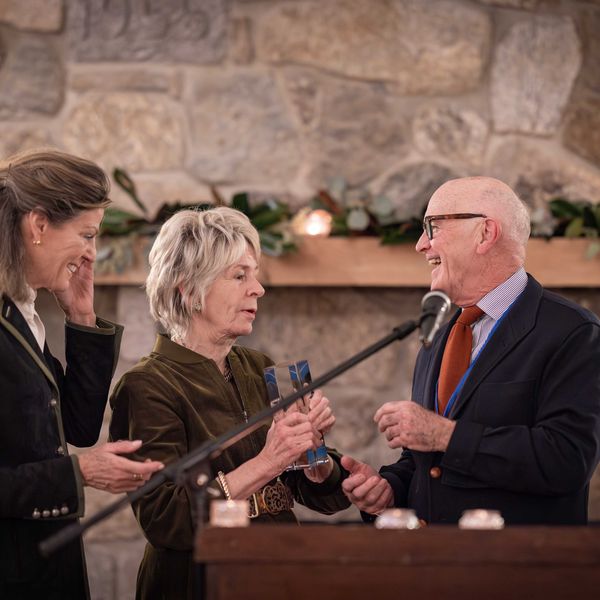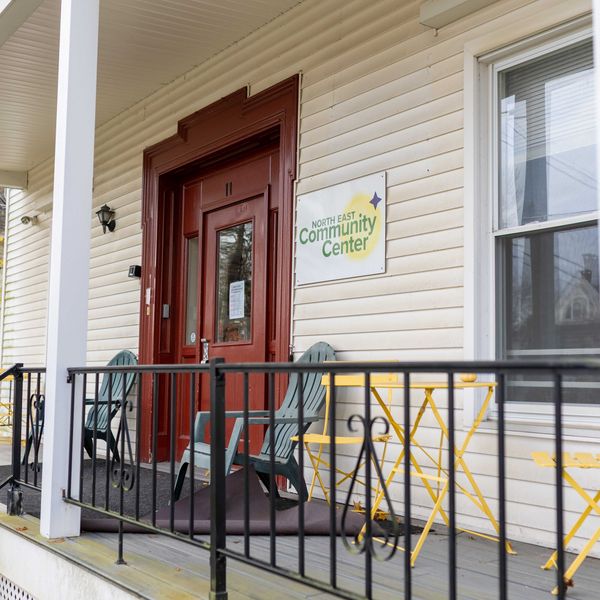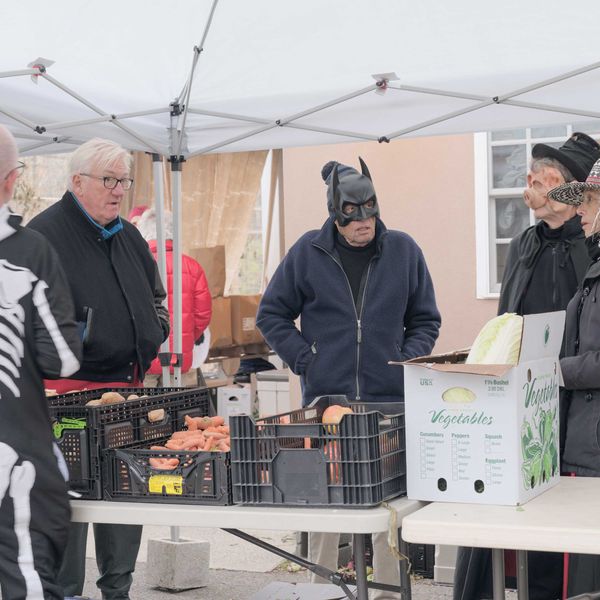Village will not pursue local ICE law; packed meeting reflects division
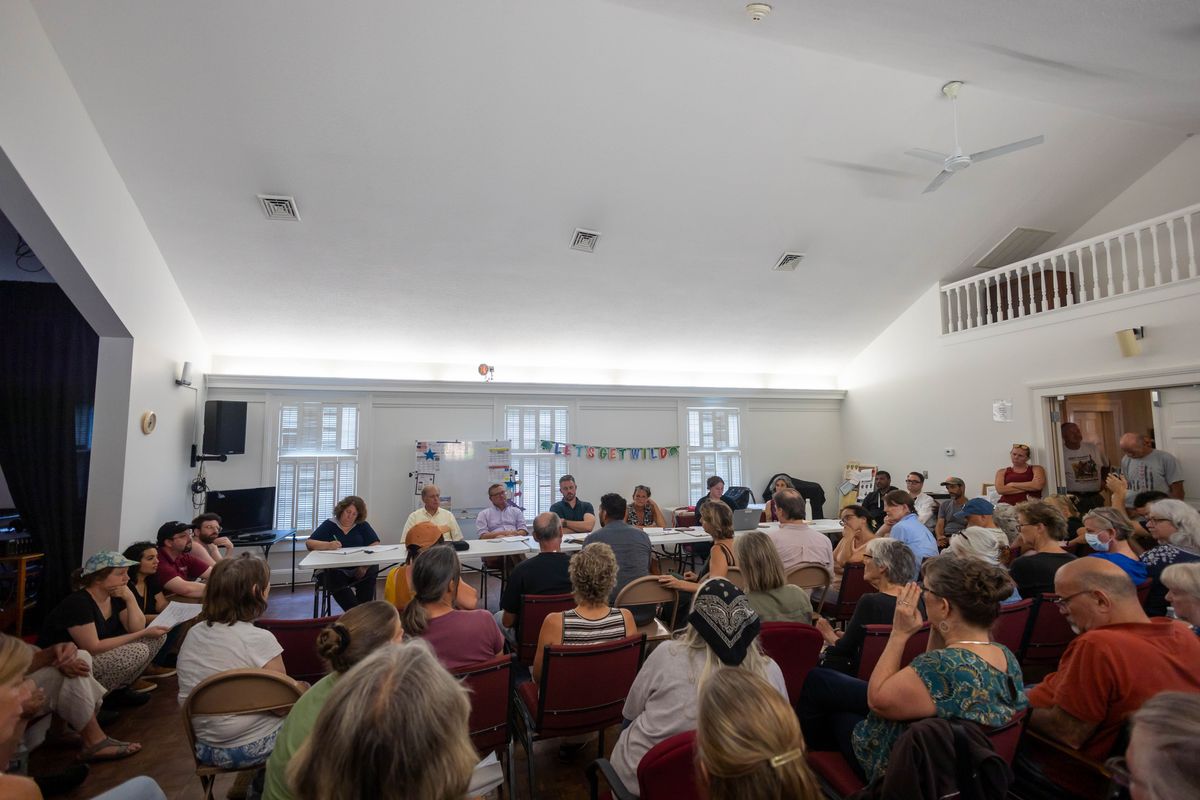
A crowd of 55 people crowded into the NorthEast-Millerton Library Annex for a marathon discussion regarding placing limits on police interaction with federal Immigrations and Customs Enforcement.
Photo by Aly Morrissey



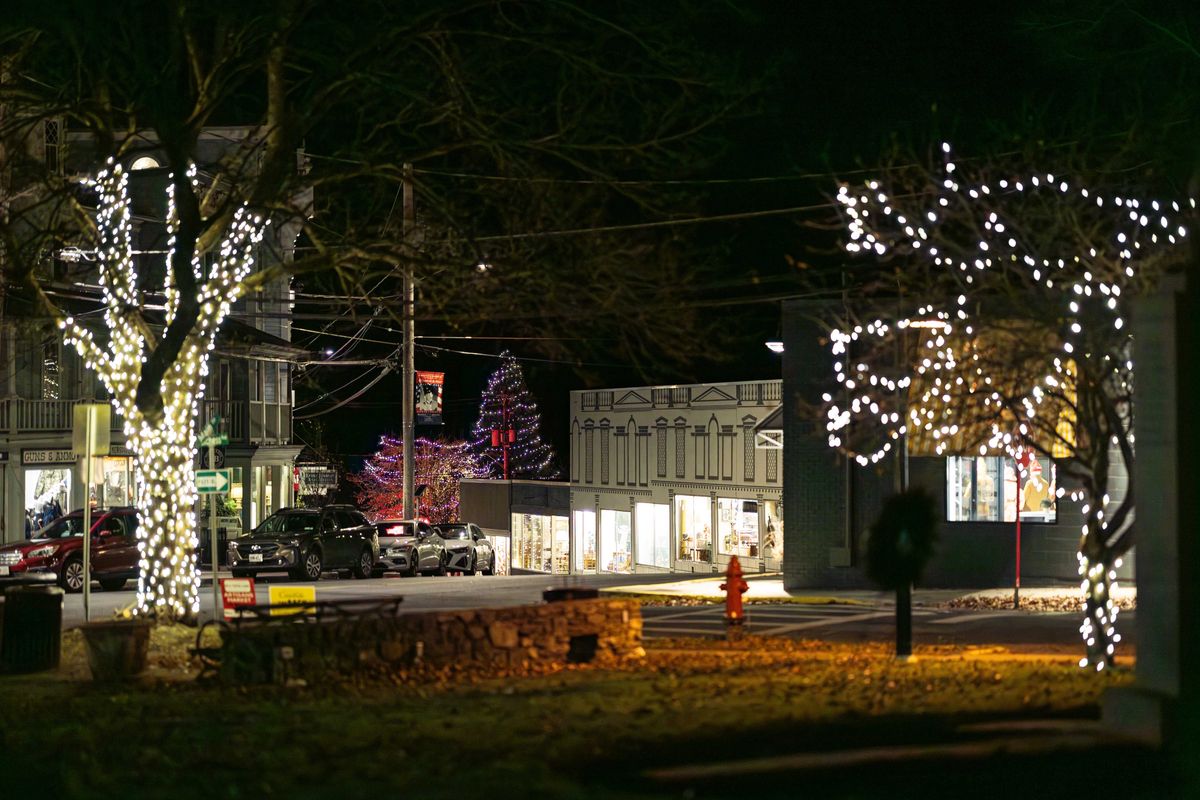
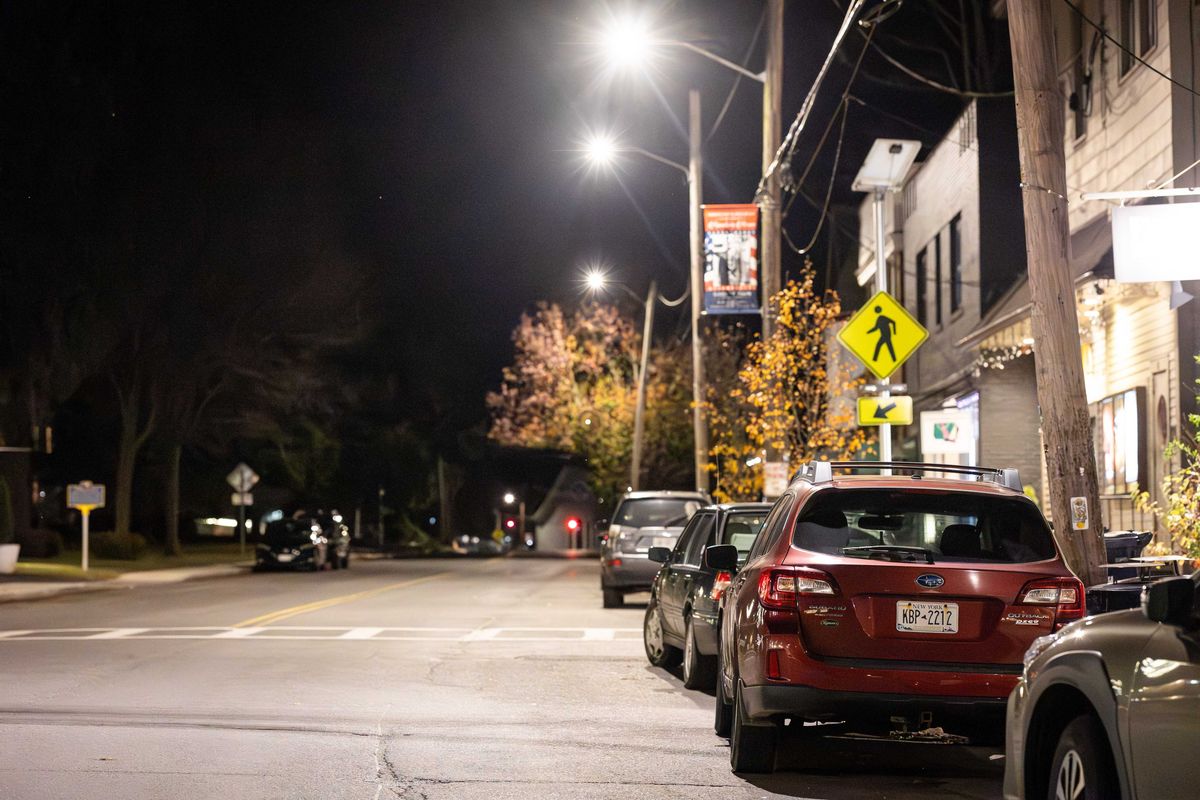

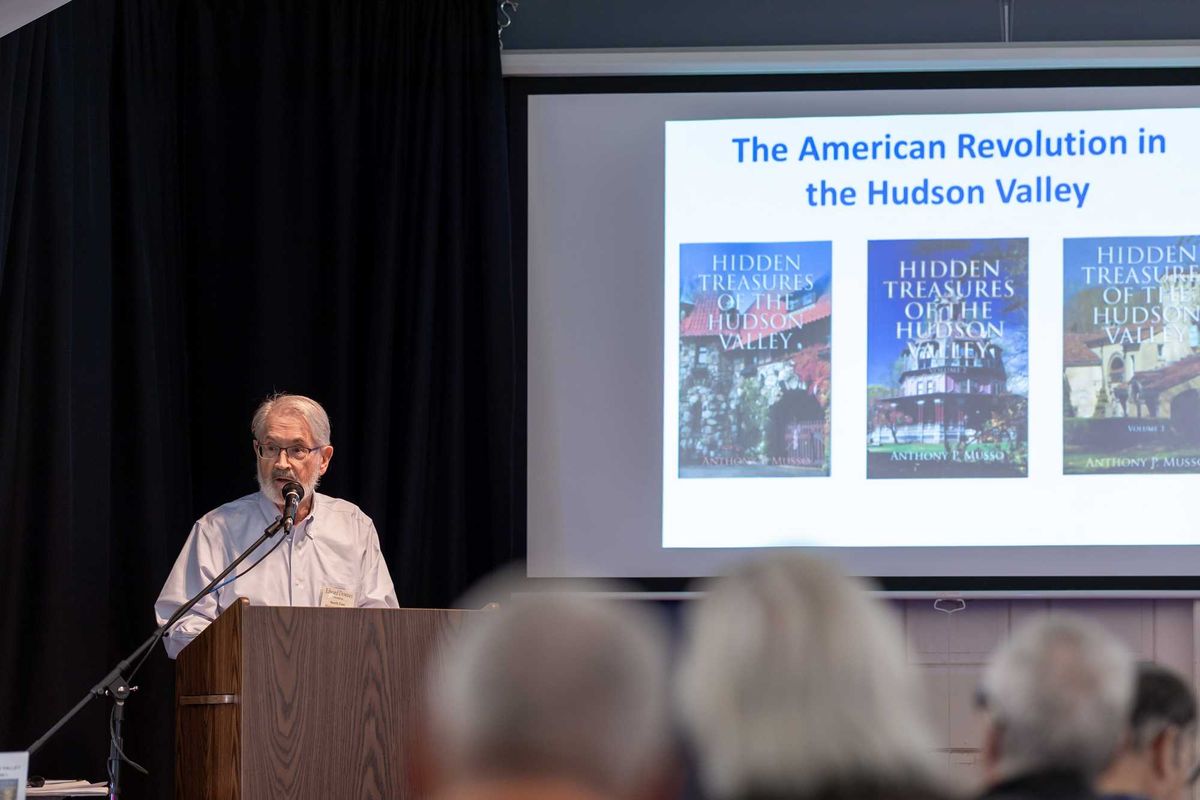
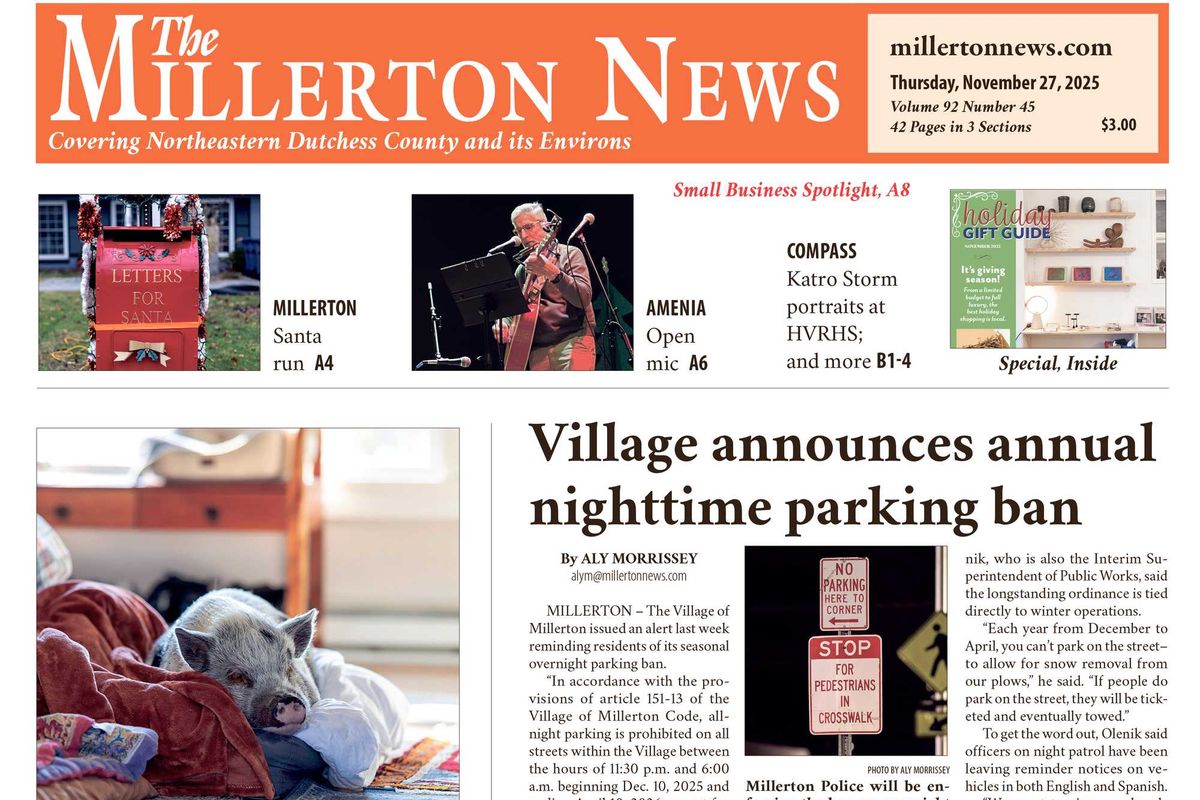

 Artist Katro StormNatalia Zukerman
Artist Katro StormNatalia Zukerman
 Child working with a miniature horse at Le Petit RanchMarjorie Borreda
Child working with a miniature horse at Le Petit RanchMarjorie Borreda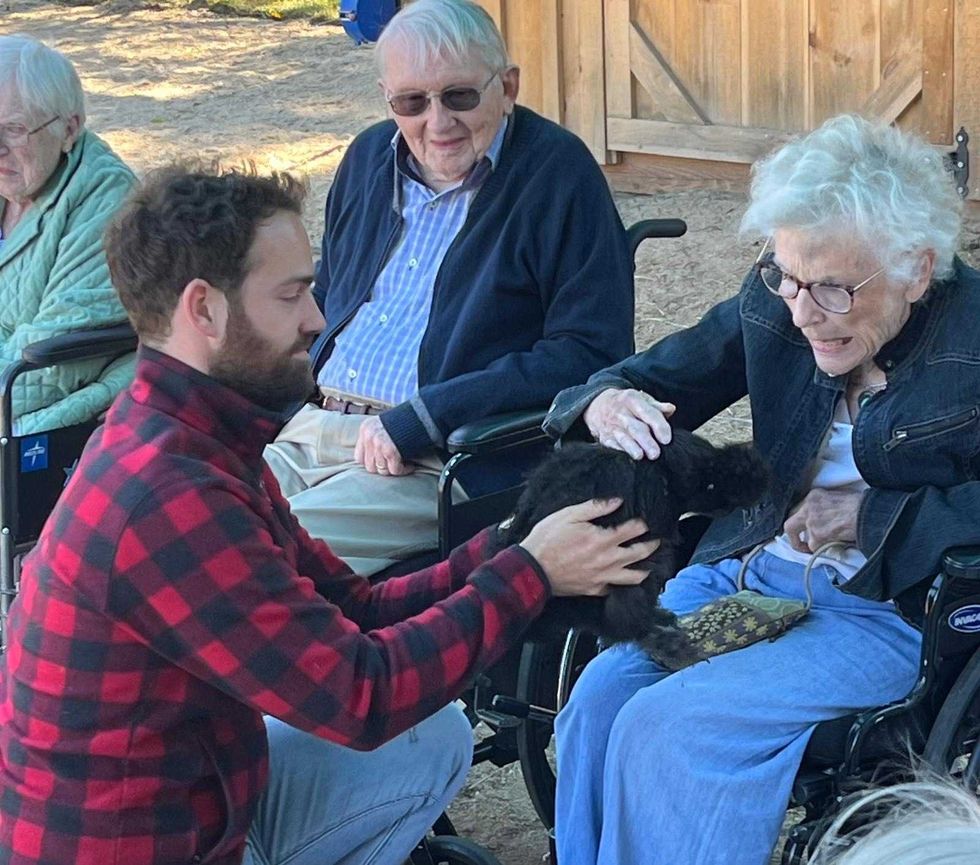 Weekly small-group sessions with seniors at Le Petit Ranch stimulates cognitive function and improves motor skills.Marjorie Borreda
Weekly small-group sessions with seniors at Le Petit Ranch stimulates cognitive function and improves motor skills.Marjorie Borreda